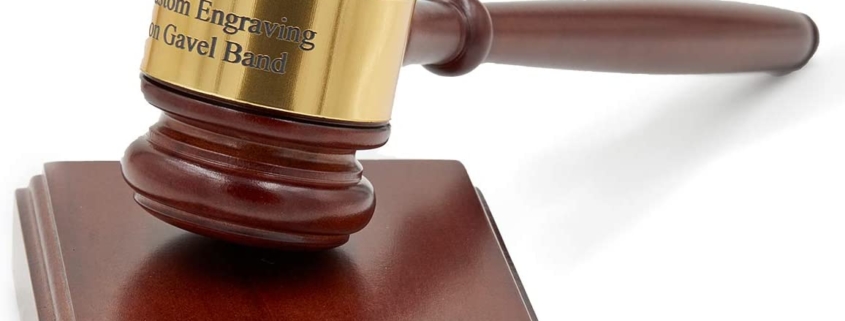Will Bankruptcy Protect Me from Lawsuit Judgments?
Bankruptcy is a viable solution for people in a number of bad financial situations. Some are still keeping up with payments, but at the expense of food, gas, and other necessary expenses. Others have started to get calls from collection agencies. Still others are far beyond that stage and have lawsuit judgments against them. If you’ve waited until this point to consider bankruptcy, you may wonder if the judgments against you will be wiped out during bankruptcy.
There’s a lot to consider when filing bankruptcy, and every regulation has its own exemptions and standards. Working with an attorney makes it much easier to take the right steps and get your debts discharged. Schedule a consultation with Padgett & Robertson by calling us at 251-342-0264.
Judgments vs. Liens
First, you’ll need to understand the differences between judgments and liens. A creditor can get a judgment against you if they sue you and the court orders in their favor. They can use that judgment to garnish your wages or bank account. However, if the debt is dischargeable in bankruptcy, the judgment will be as well.
A lien is a bit more complicated. If the creditor puts a judgment lien on your property, they are entitled to get the money awarded to them when you sell that property if there are funds available from the proceeds of the sale. Liens are typically attached to homes or vehicles, and liens for dischargeable debts are not always erased during bankruptcy.
Non-Dischargeable Debts
One of the most important factors here is whether the original debt is dischargeable or non-dischargeable. Non-dischargeable debts include student loans, alimony payments, back child support, government debt, and personal injury awards caused by driving under the influence.
This is not a full and complete list—there are other situations that may lead to your debt not being discharged in bankruptcy. For example, debts accrued due to fraud may not go away in bankruptcy.
If a creditor gets a judgment or lien against you for a non-dischargeable debt, that status carries over to the judgment itself. It will not be discharged in bankruptcy, and you will be required to pay it.
What Happens If You Have a Lien?
Liens can be a nightmare for homeowners and vehicle owners since they do not go away. Whether you sell your home six months after bankruptcy or 20 years after, you will still have to pay the lien before you can sell.
What happens if your judgment is discharged but the lien remains on your property? There are some situations in which you can also get the lien removed. If the lien was imposed because of a judgment against you, you have exempt equity, and the lien takes up all or most of the equity, you may be able to have the lien removed. Much depends on how much equity you have in your home or vehicle. The more equity you have, the less likely it is to offset the lien.
Exempt Property
Bankruptcy is full of exemptions, meaning income and assets that cannot be sold to pay down debt. Exempt property usually includes the property you need for work and to otherwise take care of yourself. If your property is exempt, you can avoid a lien against it.
Consider, for example, a vehicle that is worth less than the exemption limit for one vehicle. Since the vehicle is completely exempt, the court can remove the lien. Getting rid of liens this way allows you to make a truly fresh start after bankruptcy.
As you can imagine, this can all become very confusing very quickly. Without speaking to an attorney, it’s hard to know which of your assets are exempt and which are non-exempt. When you speak to an attorney, you can find out if you’ll have to pay the judgments or liens against you after bankruptcy.
Choose Padgett & Robertson for Your Bankruptcy Case
If you think bankruptcy might be the solution to your financial problems, it’s time to talk to the experienced attorneys at Padgett & Robertson. We’ve handled numerous bankruptcy filings over the years, and we’re ready to help you turn the page on a new chapter. Let’s talk about your assets, debts, and plans for the future. Set up a meeting time now by filling out our online form or calling us at 251-342-0264.





Leave a Reply
Want to join the discussion?Feel free to contribute!